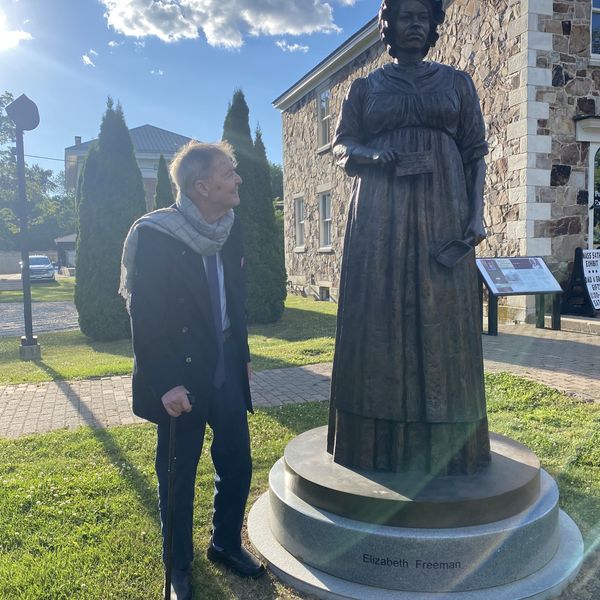I know how to say I don’t know in about ten languages. If you dropped me at an abandoned shipyard in Gdynia, Poland and someone said something which I would not understand, I could say, Nie wiem. It could be the answer to just about any question. Where are you? Where’s the post office? Where’s the loo? Who are you? Even Why are you?
What good does this do me? Arguably, as the current adverb has it, None.
Yet, as the Agnostics would have it, it could do me immeasurable good.
I could appear measured, humble, or perhaps arrogant, take your pick. Or simply stupid, unprepared, out of touch, hopeless, without a clue.
But no, the Agnostics would insist, you could just as well be deemed above the fray, Olympian, the new Zeus.
One second. Let’s not tumble down, off the Promethean rock.
Prometheus comes to mind, he who stole fire from the gods and gave it to man, and for that he was bound to a rock as a vulture ate out his liver day after day, he didn’t even have the luxury of vodka, and yet it was restored every night, to be eaten away all over again the next day.
I am in a mythical mood these days recalling a production I saw in Drama School of Robert Lowell’s adaptation of Aeschylus’s “Prometheus Bound”, directed by the great thinker, opera director, neurologist Jonathan Miller, who was one of the original members of the satirical British group “Beyond the Fringe”, the others being Peter Cook, Dudley Moore and Allan Bennett, Bennett being the only one still alive.
Lowell, one of the premiere American poets of his or any time, did not know Classical Greek but purposely chose the worst translation he could find so he wouldn’t be tempted to steal anything and wrote his own with the help of Arnold Weinstein, who had an MA in Classical languages from Harvard.
Sidebar — Princeton has recently announced it will no longer require Latin and Greek for its Classics Majors. Someone said that’s like having an art department without paint.
The production had Kenneth Haigh as Prometheus. Haigh had been the original Jimmy Porter in John Osborne’s “Look Back in Anger,” the play that transformed English-speaking theater in 1956, the first play that had as its principal, a working class highly articulate ruffian. When it came to the silver screen, Richard Burton played the role, alongside greats Mary Ure (Osborne’s wife), and Claire Bloom. (Allan Bates played the other male role in the stage play.)
The set was designed by Michael Annals, who was all the London rage then as well he should have been. The rock looked as if it were suspended in midair. As if you looked down and looked up forever and never saw the end or the beginning.
The magnificent Irene Worth played Io, the young maiden raped by Zeus as she toiled in a field. Hera, the great god’s wife, was so incensed at Zeus that she took it out on Io and had her turned into a cow who was constantly surrounded by a great swarm of flies. Zeus was unpunished and moved on to his next rape.
Worth sat way upstage, motionless, and when it was her turn, she stood and delivered a blistering 10 minute monologue about her plight.
If the phrase Blew Us Away had yet been in currency, we would have used it to blow away those flies.
Ron Liebman, who later went on to play Roy Cohn in “Angels in America,” played winged Hermes, the messenger of the gods, who came to implore Prometheus to repent. Prometheus told him to take a fly/hike.
My friend David Epstein and I stood in the back for the last performance and one of us said to the other, to this day we don’t know which, “We should be allowed to see this production once a week for the rest of our lives.”
Nie wiem, je ne sais pas, Ich weiss nicht, yo no se. I will now go on to practicing saying Why Not? In Classical Greek and Latin as well. Might be all I need to become a Tiger.
Lonnie Carter is a writer who lives in Falls Village. Email him at lonniety@comcast.net., or go to his website at www.lonniecarter.com.















Stealing fire from the gods